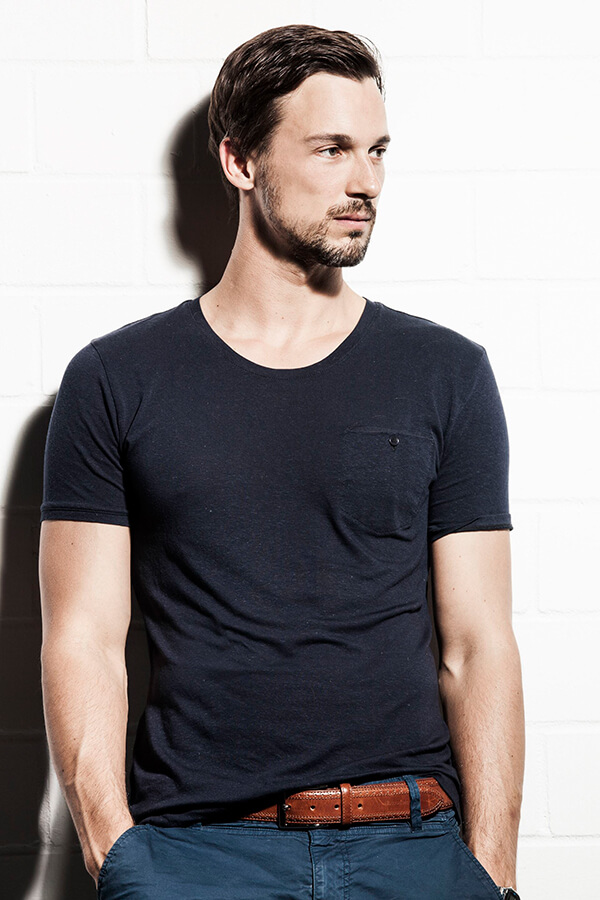100 DINGE
100 THINGS
Toni loves his espresso machine. Paul adores his smart phone. Toni can’t do anything without his hair-growth pills. Paul can’t function without Amazon, Siri and his sacred sneakers. More importantly, Paul and Toni can’t make it through one day without each other. They just don’t know it. Instead, the two men engage in a constant battle to see who’s the biggest and the best. One day, however, everything changes and they find themselves sitting at home without any possessions, naked and freezing, just waiting for midnight to come. It’s Day 1 of a 100-day wager Toni and Paul have made with one another. They’ve given up everything they own and will only get one item back per day. The two men immediately find themselves faced with questions they’ve never thought about before. How much do we really need? How should we really live our lives? Have we all become mindless robot consumers? Do we own our possessions or do they own us? What are we without our possessions? Is there such a thing as free will? And how many times can you wear underwear before they qualify as hazardous waste? Suddenly, everyday life becomes immensely complicated, but also incredibly simple. Of course, Toni and Paul would notice this too, that is, if they weren’t still blinded by their desire to win the wager. Indeed, Toni and Paul are capable of many things: they can starve, laugh, suffer, love and cheat. But there’s one thing they can’t do, and that’s lose. Or can they?
Director
FLORIAN DAVID FITZ studied drama at the Boston Conservatory. His acting credits include internationally acclaimed films such as MEASURING THE WORLD (2013) and audience favorites such as VINCENT WANTS TO SEA (2009). JESUS LOVES ME (2012) marked his debut as a director, followed by THE MOST BEAUTIFUL DAY (2016), which sold more than 1.6 million tickets in Germany. 100 THINGS is his latest project as writer-director and actor alongside fellow German star Matthias Schweighöfer.

-
Genre
Comedy -
CATEGORY
Feature -
YEAR OF PRODUCTION
2018 -
DIRECTOR
Florian David Fitz -
SCREENPLAY
Florian David Fitz -
CINEMATOGRAPHY
Bernhard Jasper -
CAST
Matthias Schweighöfer, Florian David Fitz, Katharina Thalbach, Hannelore Elsner, Miriam Stein -
PRODUCERS
Dan Maag, Daniel Sonnabend, Matthias Schweighöfer, Marco Beckmann -
CO-PRODUCERS
Klaus Dohle, Florian David Fitz -
PRODUCTION COMPANY
PANTALEON Films, in co-production with Warner Bros. Film Productions Germany, Erfttal Film & Fernsehproduktion -
RUNTIME
115 min -
LANGUAGE
German -
SALES
Picture Tree International
yuan@picturetree-international.com
www.picturetree-international.com



